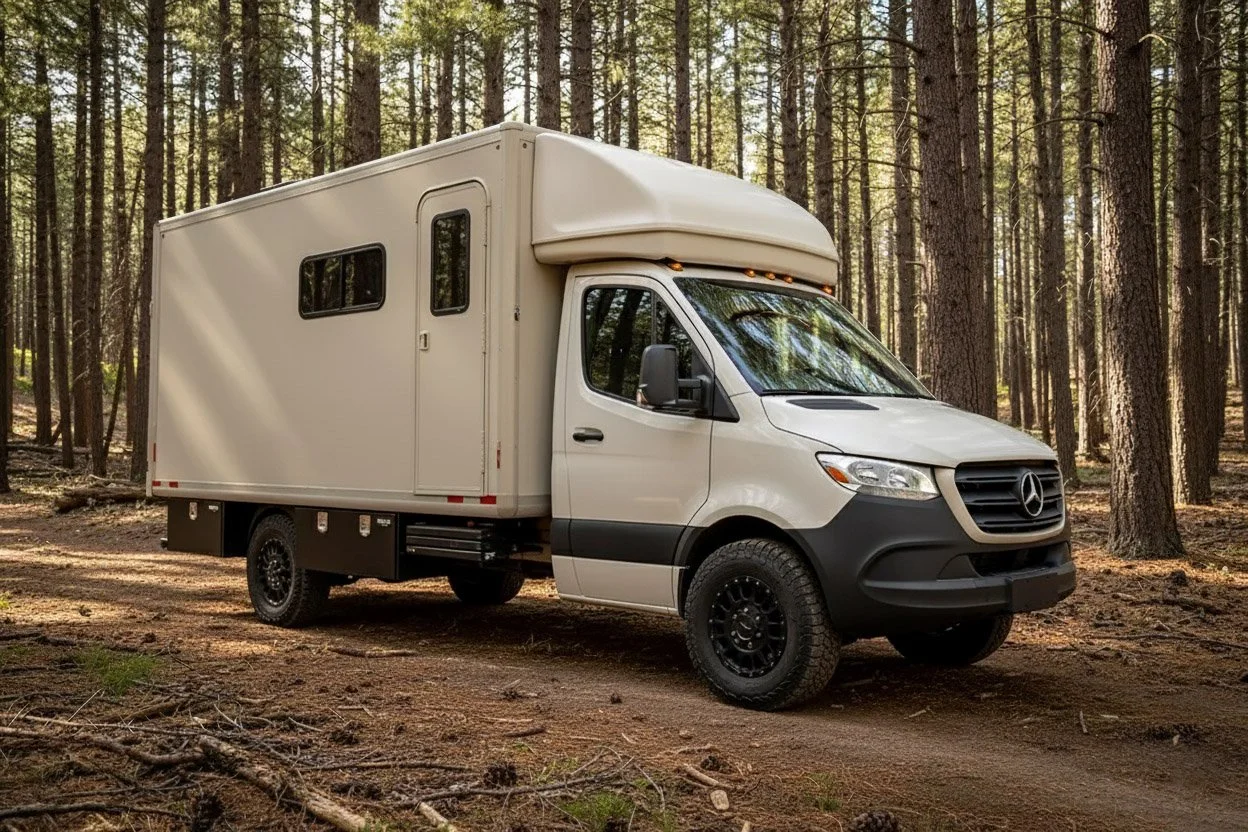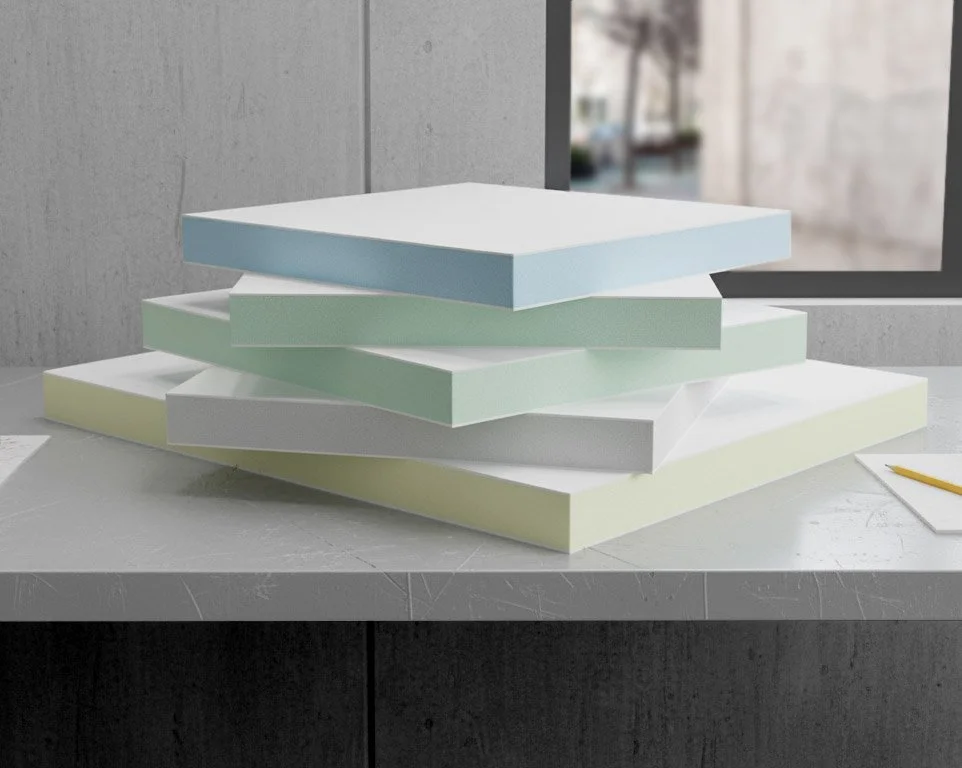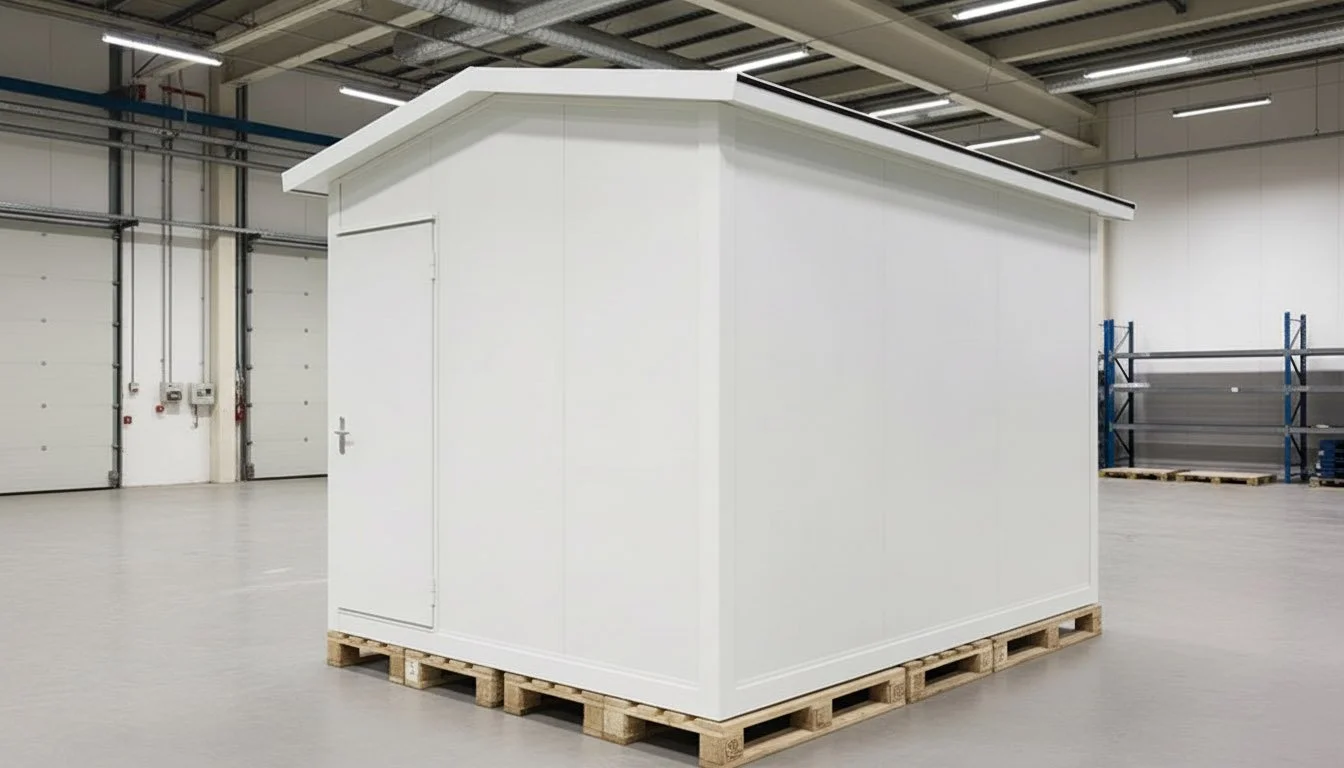The Future is Here
We are finally relaunching production of composite fiberglass panels in the USA.
With this type of materials you can build:
campervans
expedition vehicles
containers
tiny homes
structural elements for any industry
cabinetry
doors
and much much more
We can finally have vehicles which have all the advantages… without the downsides.
Available sizes.
Our sandwich panels can be made in length up to 4.5m(14.7ft).
Height up to 2.2m(7.2ft).
Thicknesses 8mm(0.3in), 14mm(0.55in), 40mm(1.57in)
Prices are $250/m² or $23/sqft
The Basic Advantages of Fiberglass Panels.
very light weight
very high rigidity and strength
thermal insulation already built in
easy to customize
windows can be placed anywhere
monolithic structure without ribs and reinforcements
exceptionally high impact resistance
All vans and trucks are made with a few goals in mind: maximize production speed, minimize costs, facilitate mass assembly. The sheet metal walls in your Sprinter or ProMaster are just like that. They are cheap and easy to make, because vehicles need to sell, but they lack all what matters to you. They are heavy, flexible, they heat up like an oven, they wobble and transfer noise, they rust, they are curved and full of metal ribs and reinforcements. You absolutely want to avoid it, and this is why high-end RVs and expedition vehicles use everything but sheet metal.
Weight is your biggest enemy, and it’s always by your side, even though it’s invisible. Excessive weight is responsible for poor mileage, poor emergency braking, bad handling and suspension and drivetrain premature wear. The average thickness of 1m² of sheet metal in a van is 12kg. On top of that add the existing ribs and reinforcements here and there (+2kg), add some insulation, add some wooden battens for your inner walls (+2kg), then finally add the inner wall (+4kg). You end up with a total of 20kg per 1m². A typical 40mm/1.5in fiberglass sandwich panel weighs around 5kg/m², which is 4 times less! By using fiberglass panels, you already save around 400kg/880lbs. But there’s more…
Insulation is one of the most important aspects of a vehicle because it protects you from the heat and the cold. Fiberglass sandwich panels already have insulation built in. The core foam material used in the production of fiberglass panels can be either extruded polystyrene (XPS), polyisocyanurate (PIR) or polyethylene terephthalate (PET). All those materials have great thermal insulation. The insulation is continuous along the entire sheet. No gaps which would break the insulation barriers, unlike in typical van builds or RVs.
Strength is an important aspect as well. Hitting the panels of your van with a small hammer will leave deep dents right away. You can hammer a fiberglass sandwich panel until you hand hurts and there will be no deformation. This is the power of advanced composites. Don’t believe us? Then give us a call and schedule a meeting. You will be given a hammer and a piece of our sandwich panel. Have fun while we watch.
Freedom of design. Our panels are a uniform, monolithic structure, so you can cut your doors, windows, roof vents and hatches wherever you want. There are no ribs, studs, battens or reinforcements because the entire panel is one big rigid reinforcement. Plus the walls and ceiling are straight so it is much easier to design and install cabinetry and appliances.
More space. Our boxes are not limited by the general width of the vehicle so it is a wise idea to make them a little big wider and a little bit taller.
No corrosion. Fiberglass is resistant to water and most chemicals. You can soak these panels in water and they will not rust.
No mold. Our fiberglass sandwich panels do not absorb any moisture and do not retain any moisture. There is no way for mold to form so your vehicle will be healthy and rot-free for years.
No insects. A fiberglass sandwich panel is a uniform, closed structure, impenetrable to insects. There is no place for bugs to hide and there is nothing for them to eat, unlike with regular RV and campervan walls.
Composite panels are also the perfect material for high-end, low-weight, durable, insulated, efficient tiny homes.





